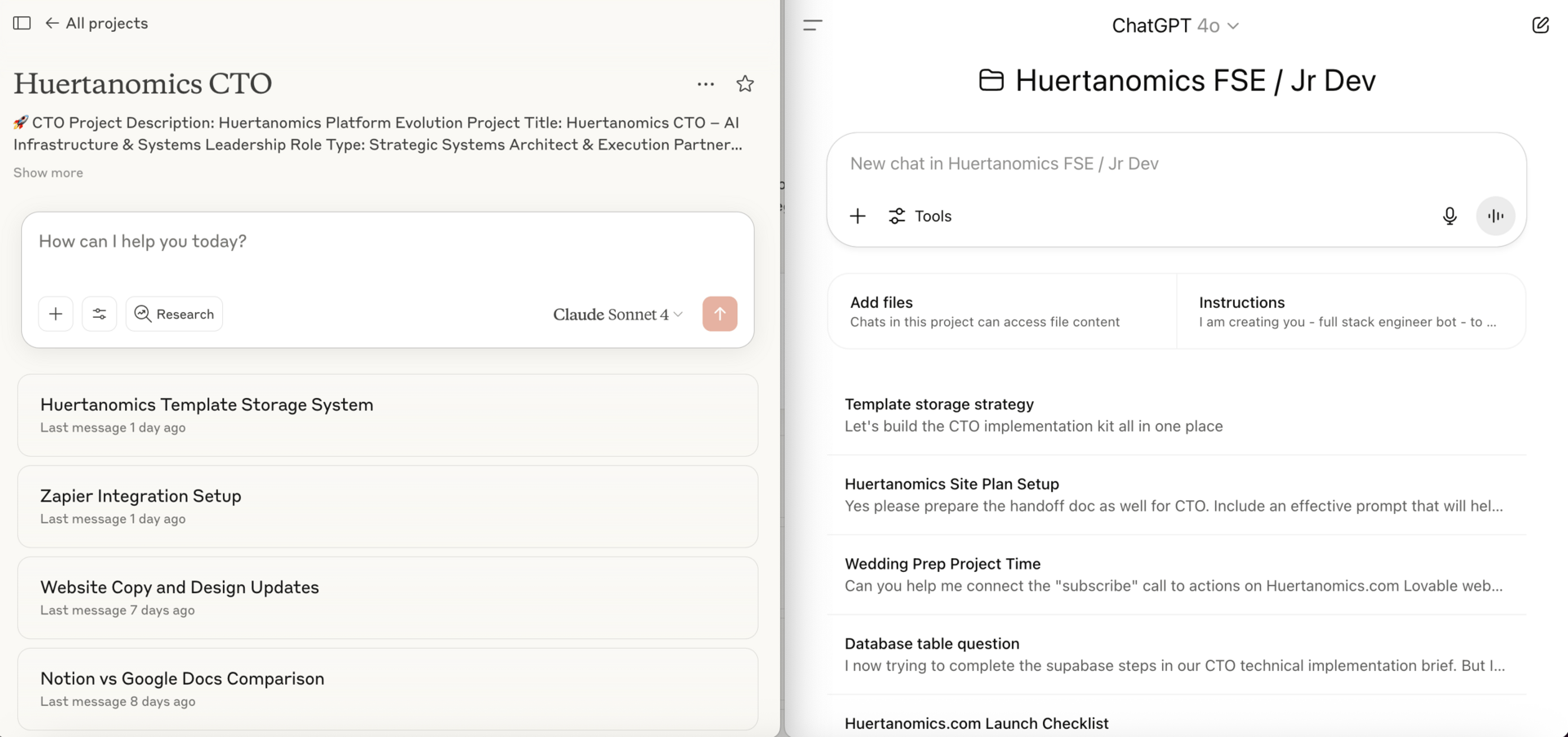65 Subscribers. 4 Posts.
That’s how many of you have already joined the waitlist for Field Notes—and we’re just getting warmed up.
Before our POV on People Ops as a Product’s role in this new era drops, I want to share something special:
Field Notes isn’t just another newsletter.
Yes, you’ll get blogs. But also templates, resources, and frameworks you can put to work immediately.
And today, I want to give you a peek into a new series that embodies that mission:
Introducing: How I Built It
This series is about pulling back the curtain on how we believe HR tools and systems will be built in the future.
Because here’s the truth:
The “build” process in AI didn’t look anything like I thought it would.
And that led me to a hot take that I feel pretty strongly about:
The future of Learning & Development, reskilling, and upskilling is going to look completely different.
Things are fundamentally changing—and this should be a burning platform for every HR leader.
Action-based learning and scaling your HR architecture to your org’s exact needs isn’t just possible—it’s the new default.
That’s the spirit behind How I Built It.
What You’ll Get in This Series
Every story will show you:
✅ The systems we design
✅ The workflows we test
✅ The stack we choose—and why
✅ The sprints, missteps, and iterations it takes to ship something real
And we’ll give you the good stuff—frameworks, templates, and AMA sessions—so you can replicate the approach inside your own org.
Sneak Peek: How I Built Huertanomics
Here’s the kickoff story:
How I launched Huertanomics—from zero to live in 60 days—using AI as my leadership team.
The Mission
Create a platform to explore AI-native People systems and share playbooks for builders, operators, and HR leaders.
But do it differently:
Lean team (read: just me + AI)
Focus on speed to market
Launch fast, learn fast mantra
The Roles (Meet My AI Leadership Team)
Claude = CTO + CINO
Deep reasoning, architecture planning, technical debugging.ChatGPT = Strategy Officer + Junior Dev + CMO + Copywriter
Tactical execution, code snippets, prompt optimization, content refinement.
Together? They weren’t “tools”—they were my leadership team.
The Stack
I wanted a tech stack that could scale, integrate, and adapt fast:
Lovable AI → Front-end build (website)
Supabase → APIs and backend data layer
Notion → Knowledge base + template database
Beehiiv → Newsletter engine and subscriber growth
Zapier → Automation across the stack
Midjourney → Visual design for brand assets
The Build Process (aka Vibe Coding)
Here’s how the build unfolded:
Sprint 1:
Initial components built in Lovable (front-end), Supabase (APIs), and Notion (database).Sprint 2:
Me making errors, troubleshooting with Claude and ChatGPT, iterating fast, and pasting error logs back into prompts for real-time fixes.Sprint 3:
Connecting everything: Supabase → Notion → Beehiiv → Website.Sprint 4:
Branding reviews, copy refinements, and automation through Zapier.

💡Pro Tip: when setting up AI employee projects include job descriptions and research on role
What Surprised Me Most
AI didn’t just speed up the process—it changed the way I think about learning and building.
No more “learn now, apply later.”
You learn by building—with AI as your co-pilot, in real time, under real conditions.
What used to take months in a classroom can now take only days with a strong prompt and a willingness to iterate.
Why This Matters for You
If you’re a People Ops leader, founder, or operator, this is your edge.
AI isn’t just about automation—it’s about making you a builder.
And the best way to get ahead?
Start building. Fast. In public.
That’s what How I Built It is all about.
What’s Coming Next
✅ Full breakdown of the Huertanomics build (with screenshots + workflows)
✅ Interviews with HR innovators building AI-powered systems
✅ Templates and playbooks you can use tomorrow
📩 Share this with any like-minded folks so we can bring more along on this journey:
👉 Join Field Notes here
Already subscribed?
Your turn:
What’s the one system or process you’d love to rebuild with AI?
